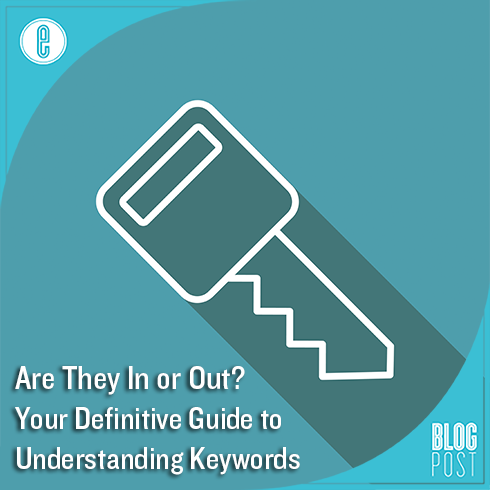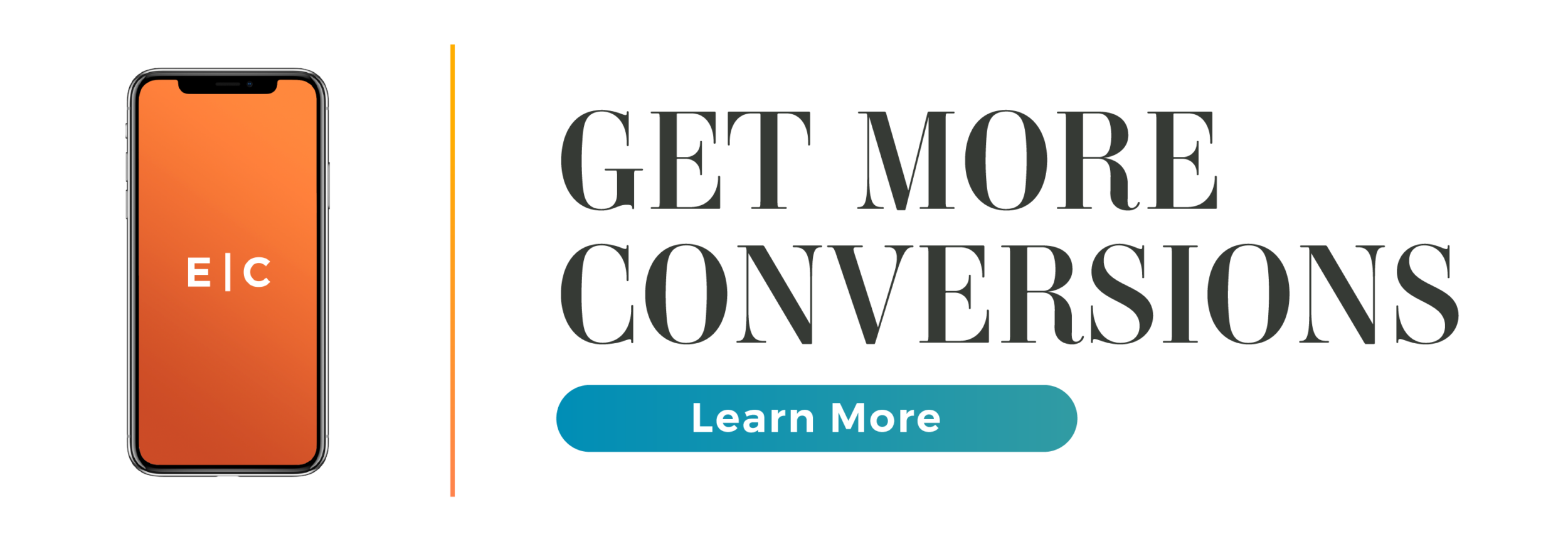Keywords might be one of the most confusing topics in search engine optimization (SEO). You hear from one source that they are an excellent resource while another says that they are obsolete.
So, which is it? Are keywords useful or a part of the old ‘blackhat’ SEO tactics that Google updates have worked so hard to block?
Here is your definitive guide with what you need to understand about keywords to be successful in SEO.
What is a keyword?
Google, and the other major search engines, do not really care about your brand or your website. Their primary concern is meeting the needs of their users and helping them find relevant information for their queries. When people type their search terms into Google, the search engine uses its algorithms to create search engine results pages (SERPs) based on what they think is most helpful for that user. Keywords are terms that the search engine uses to understand what your content is about so that it knows what types of queries will match it well.
Keyword stuffing is completely out
When people hear the term keyword, however, it is common to think of the old keyword stuffing techniques. When early marketers realized that Google was relying on keywords and phrases to understand content and match it to queries, some websites began using shady techniques. In other words, they would fit as many optimized keywords into their content, as often as possible. This led to poor content and unnatural phrasing. More importantly (in the eyes of the search engines) people hated it. It was frustrating for users to click on a search result and find just a meaningless paragraph of keyword stuffed content.
Google has since updated their algorithms to place less emphasis on the number of times a keyword appears in content and more emphasis on the quality of that content. Using keywords appropriately means identifying a relevant word or phrase that will perform well and can be worked into the content easily. It should only be used with a natural voice and the writer’s primary focus should be to produce meaningful, valuable content.
How do you find the right keywords?
The number of websites available continues to grow at an astounding rate. There are nearly a billion websites on the internet today and the internet continues to grow. In 2013 alone the number of websites grew by more than a third. That means that competition for keywords has become increasingly fierce. Businesses of all sizes now understand the importance of a strong web presence, which means that you can count on your local market being quite saturated.
This has been a large contributing factor in the shift away from actual keywords and more towards keyword phrases. Say, for example, you are a plumber in Dallas. Trying to optimize your content for the term ‘plumber’ is going to be a losing battle because there are countless plumbers throughout the country. Not to mention, it does not do you much good to attract traffic from Anchorage. If you focus instead on optimizing your content for ‘plumber in Dallas’ or ‘Dallas plumber’, you will have far greater luck.
Even businesses that do not serve an exclusively local crowd tend to find greater success when working with keyword phrases. Most users on Google are not typing in single words for their search. Instead, they are using short phrases to describe what they seek. It is your job to identify a few key phrases and work them into your content so that you can rank highly on SERPs for those phrases. If you have a Google Adsense account, they have an easy tool that lets you monitor how frequently keywords are used compared to the amount of competition. If you do not, there are other tools from groups such as Soovle and WordStream.
Placing the keywords
Once you know the keywords that you need to use, the next step is placing them strategically on your website. While you need to use them naturally in your content, do not neglect the rest of your page either. Google will also be looking at features such as these to learn about the content as well:
- headlines
- page title
- URL
- meta description
Keywords remain an important part of a successful SEO strategy. These words and phrases tell Google what your content is about and helps to match it to the queries placed by users. Start placing keywords throughout your website to quickly see an increase is qualified leads.
-FINAL(01-00)-White&Blue-01.svg)





